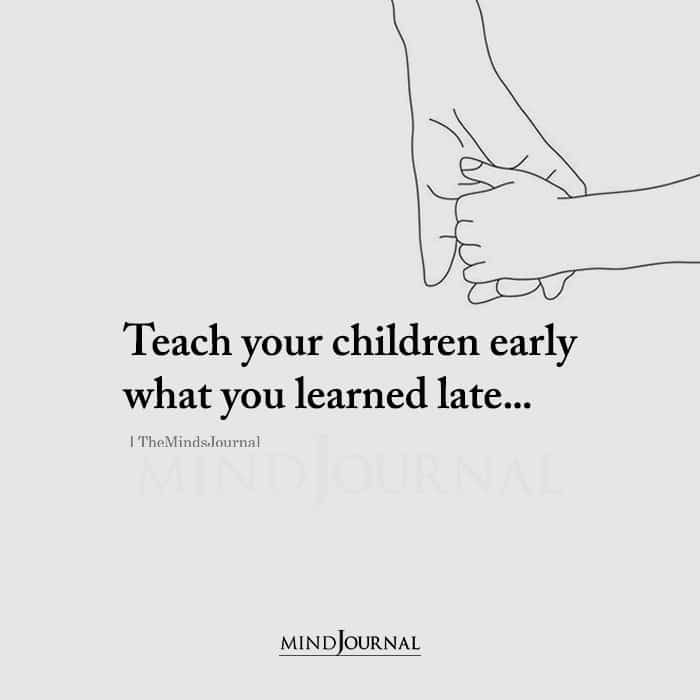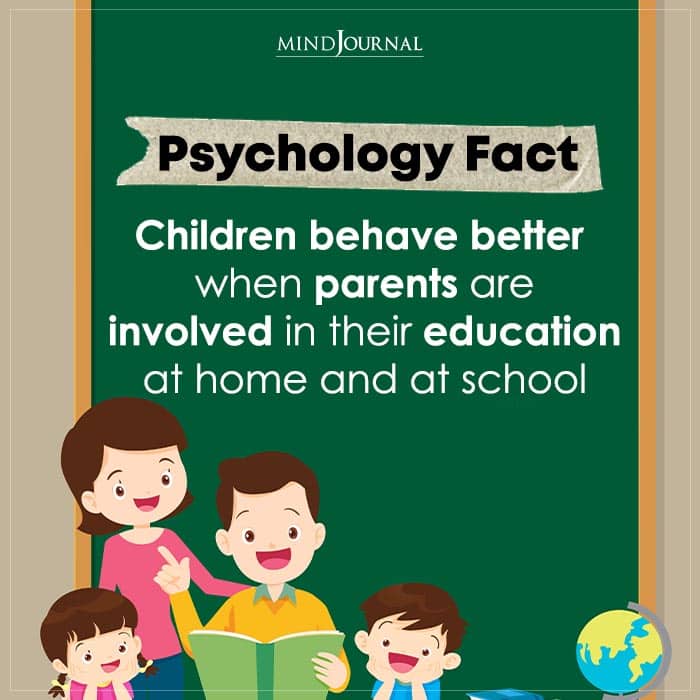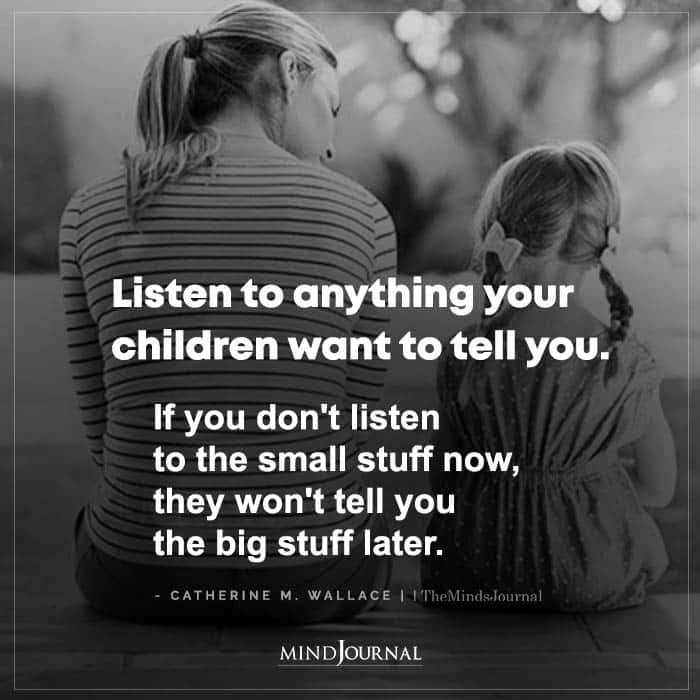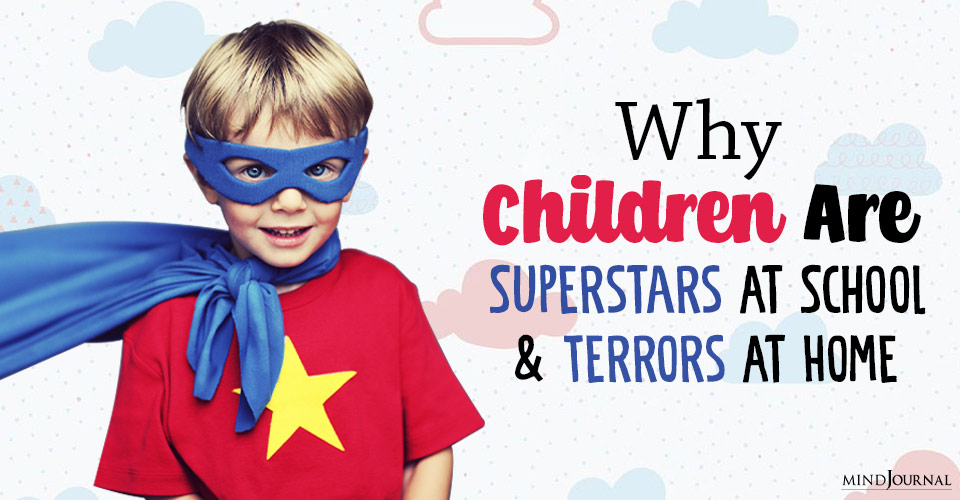Multiple times a week I talk with parents who report the following: their children are superstars at school—calm, cooperative, collaborative—but are terrors at home. They break down over seemingly minor issues, don’t “listen”, and are very inflexible and demanding.
Like Eva, 4, whose teachers report that she is one of the most cooperative and best helpers in the class. She is kind to her friends and is good at sharing. She is empathetic—always the first one to comfort a peer who is struggling. In short, she is a total delight. At home, it is a very different story. Eva is demanding. She ignores her parents’ directions, and she melts down if she can’t have what she wants when she wants it.
Eva’s parents are thrilled that she is doing so well in school, but they are perplexed and angry that she “chooses” to be so difficult at home when she clearly has the ability to show much more self-control. They are at a loss for how to make sense of their Jekyll-and-Hyde daughter and how to get her to behave at home as she does in the classroom.
While this phenomenon is confusing and maddening to parents, when you look at it from your child’s perspective, it begins to make sense and opens up the door to responding in ways that can increase cooperation and reduce power struggles at home.
See It From Your Child’s Point-Of-View
1. School is stressful.
Don’t get me wrong—the stress kids experience as they learn to get along in a group is not harmful stress. It’s what we think of as “positive” stress because it leads to growth and the development of important new skills. This is happening in spades in early care and education settings. Think of the countless directions and rules children are expected to follow, and the many transitions they need to make throughout what is often a very long day. And then there are the inevitable frustrations and disappointments that naturally arise in a group setting, such as not being the line-leader or the page-turner at circle time.
This is a lot to manage for a young child whose “upstairs” brain, that is responsible for impulse control and self-regulation, is in the early stages of development. The mental and physical effort required to do what is expected at school is taxing.
By the time they get home, like many of us after a long workday, kids are fried. They have left it all on the (classroom) table. This is especially true for highly sensitive kids who tend to be more intense and reactive by nature. They reach their threshold for managing typical life stressors sooner than more go-with-the-flow kids and are thus more likely to lose it at home after a long day at school.
And then there is the COVID effect. Returning to school after such a long hiatus and after a year of so much change has made this transition back to school a heavy lift for many kids. The psychic energy it has taken for them to make yet another big transition is bound to put them over the edge at home.
Related: 4 Parenting Behaviors That Damage A Child’s Self-Esteem
2. School tends to be much more structured than home.
In order to run a safe and calm classroom, teachers need to implement countless rules and provide secure boundaries. This lets the kids know exactly what to expect: enter class, put the backpack in the cubby, sit in a circle (crisscross applesauce!), take a seat at the assigned space at the snack table, put the blocks in size order on the shelf, stop playing when the lights flick on and off… and so on.
The directions and expectations are crystal clear which is comforting to children. They know exactly what to expect which helps them prepare for and cooperate with the many rules they have to follow.
The home environment, for many families, is a completely different animal. Parents haven’t had years of training on early childhood development and how to set clear limits in order to run an effective group setting (home is a group setting, too!) Parents are also more emotionally connected to and therefore reactive to their kids. It comes with the territory. The intensity of the parent-child relationship makes it harder to be clear and calm in the way teachers can be.
Further, it is the teacher’s job to be singularly focused on interacting with and guiding the children. At home, parents are dealing with countless competing demands, including the dynamic between siblings which can be very complicated and triggering for parents.
3. Young children know home is their safest place.
Think about it, many of us are our best selves at work. We manage our emotions and reactivity, we are kind, cooperative, and communicate with warmth and respect. Then we get home and dump all of our stress onto the people we care about and love the most.
While this may not be healthy, and something many of us need to work on, we feel free to do this because we know, no matter what, our family will always accept us and be there for us. The same is true for kids. Home is their safe space. It is because they trust you that they are free to fall apart with family.

Related: Teens And Dangerous Levels Of Cell Phone Use
4. Young children are testing out different roles.
Because home is their safe space, it is also where kids are able to express themselves in ways they may not feel comfortable doing at school. Take Junie, 5, who is very compliant at school. She is sensitive to other’s needs and feelings.
She readily gives up toys she is still enjoying in order to appease another child or surrender her spot next to the teacher in circle time to a peer who is trying to squeeze her way into that space. At home, Junie feels freer to test out her power, to be more assertive. It may be in ways that are not acceptable, like demanding that her mom only read to her and not her little sister, but that’s where setting loving limits come in.
What You Can Do When Your Children Create Havoc At Home
1. Don’t take it personally!
Your child isn’t being defiant, nasty, or rejecting on purpose. He is just having a hard time coping. If you see his behavior as intentional, it puts you in a revved-up, negative state of mind that makes it more likely you will fuel the flames which begets more negativity and out-of-control behavior.
What your child needs in his difficult moments is for you to be his rock; to acknowledge he is having a hard time and to show him you can tolerate his distress. When your child says, “I am never going to wash my hands before dinner!”, you might respond: “I know you don’t want to stop playing but it’s time to get ready for dinner. You have two great choices: you can pick any sink to wash your hands, or I can be a helper and use a wipe to get them clean before dinner.” Most important is that you don’t get drawn into a power struggle which only increases stress.

Related: 7 Tools To Foster Autonomy and Encourage Child Development
2. Acknowledge and show empathy for how hard your child is working to be a good citizen at school.
“We know it takes a lot of energy to follow all the rules, make so many transitions from one activity to another, and share and take turns with friends. That’s a lot! By the time you get home you are really tired which makes it hard to follow the rules at home. We understand.”
3. Avoid making negative comparisons between your child’s behavior at home and school.
Instead of: “Ms. Tiffany says you are the best helper and listener at school. Why can’t you do that at home?” Think: “You are doing such a great job following directions and being a good friend at school! That’s awesome. Now mommy and daddy are going to work on how to help you follow directions at home, too. We know you can do it.” You want to build on the positive. Taking a shaming approach increases negativity and leads to less, not more, cooperation.

4. Bake in time for connection upon reuniting.
While this may seem an impossibility when your mind is on all the things that have to happen to get through the nightly routine, the payoff can be big. Filling your child’s (and your) cup after a long day apart can result in less overall stress and more cooperation. Making it a ritual is even better. For example, reading a chapter of a book as you cuddle together, or whatever special bonding activity you and your child enjoy.
Connection is about the quality of the interaction, not the amount of time spent. When kids can count on this ritual it can reduce stress for everyone and result in more cooperation.
If your child is out of sorts and not ready to reconnect when you get home, give him time and space. Create a cozy corner in your home where he can go to chill out until he is ready to engage. It might include a kiddie tent which can be very calming for kids. Fill it with cozy pillows and other calming items. Let him show you when he’s ready to connect.

Related: How Long Does Parent-Child Estrangement Usually Last? 4 Determining Factors
5. Maintain important limits.
Don’t fall prey to the temptation to let go of important limits because you are all battled out. Boundaries are even more important for kids when they are spiraling out of control. Letting go of important limits ultimately leads to more power struggles and therefore more stress for all.
Think: “I know it’s hard to say goodnight and you don’t like that there is a limit on books at bedtime. But our rule is three stories and then lights out. I can’t wait to see you in the morning.”
The alternative—getting into a protracted battle at bedtime—is what is harmful to kids (and parents.) You can fill your child’s cup while also setting limits. These are not mutually exclusive. It is not love or limits. Limits are loving.
Keep in mind that if your child is thriving in a group setting, you should be giving yourself a good, strong pat on the back. It means you have given her the tools to get along in the real world: to be flexible, to tune into others’ ideas and needs, to wait her turn, and to effectively cope when something doesn’t go her way. These are all skills children need to have to be effective in a group and that you have instilled in your child. She has what it takes.
Written by: Claire Lerner Originally appeared on:Lerner Child Development Republished with permission










Leave a Reply